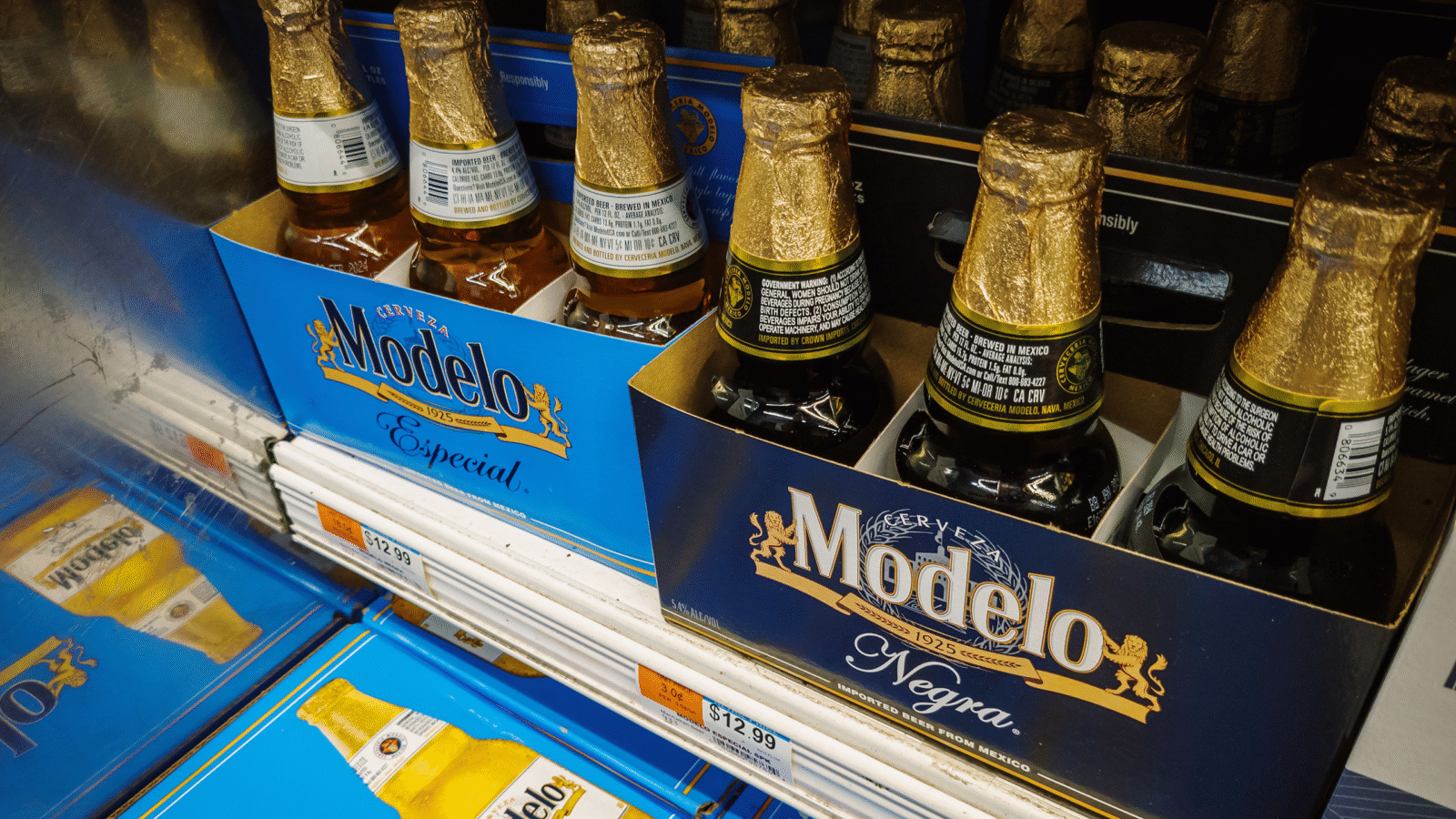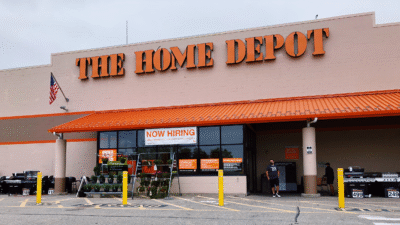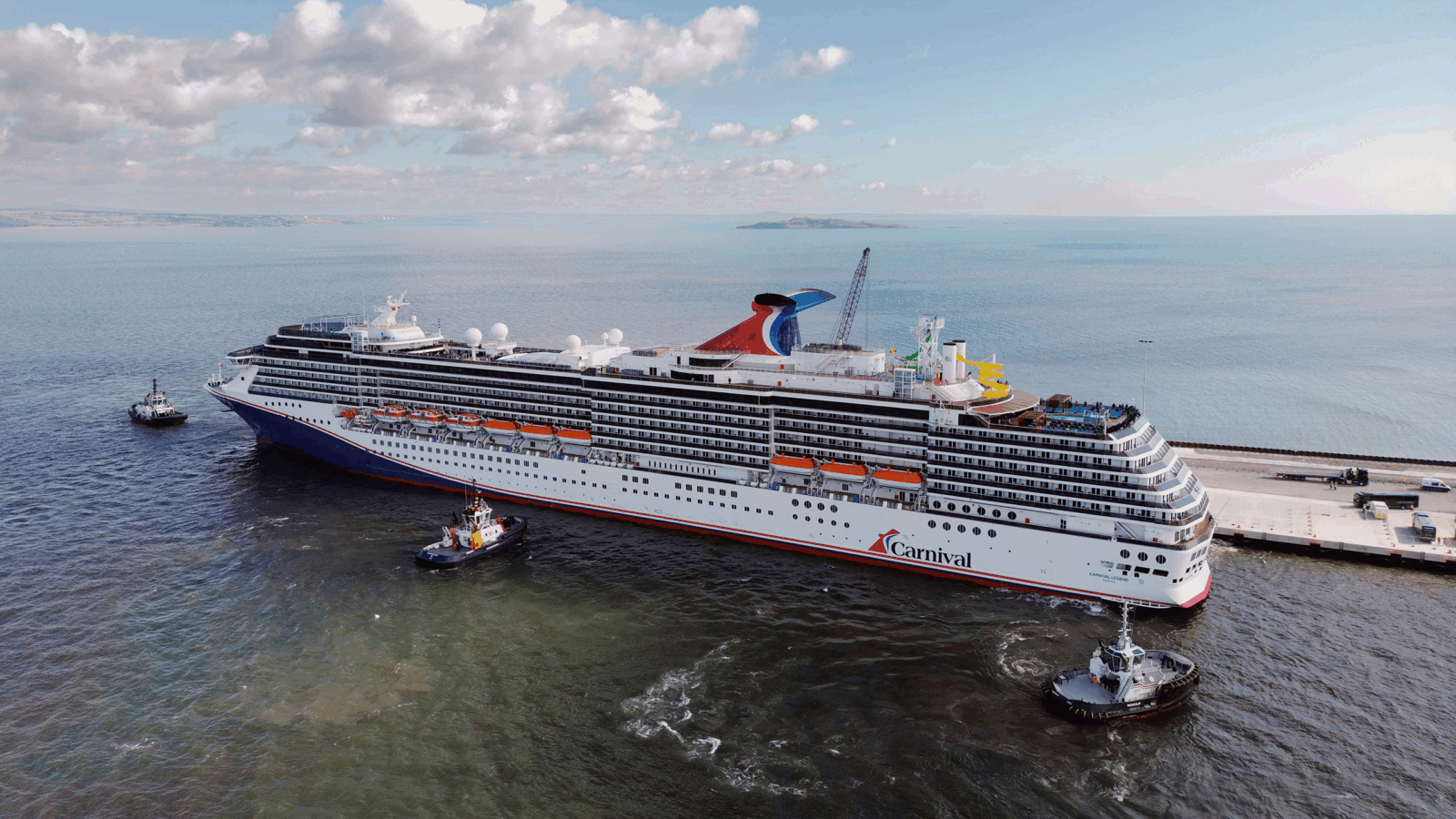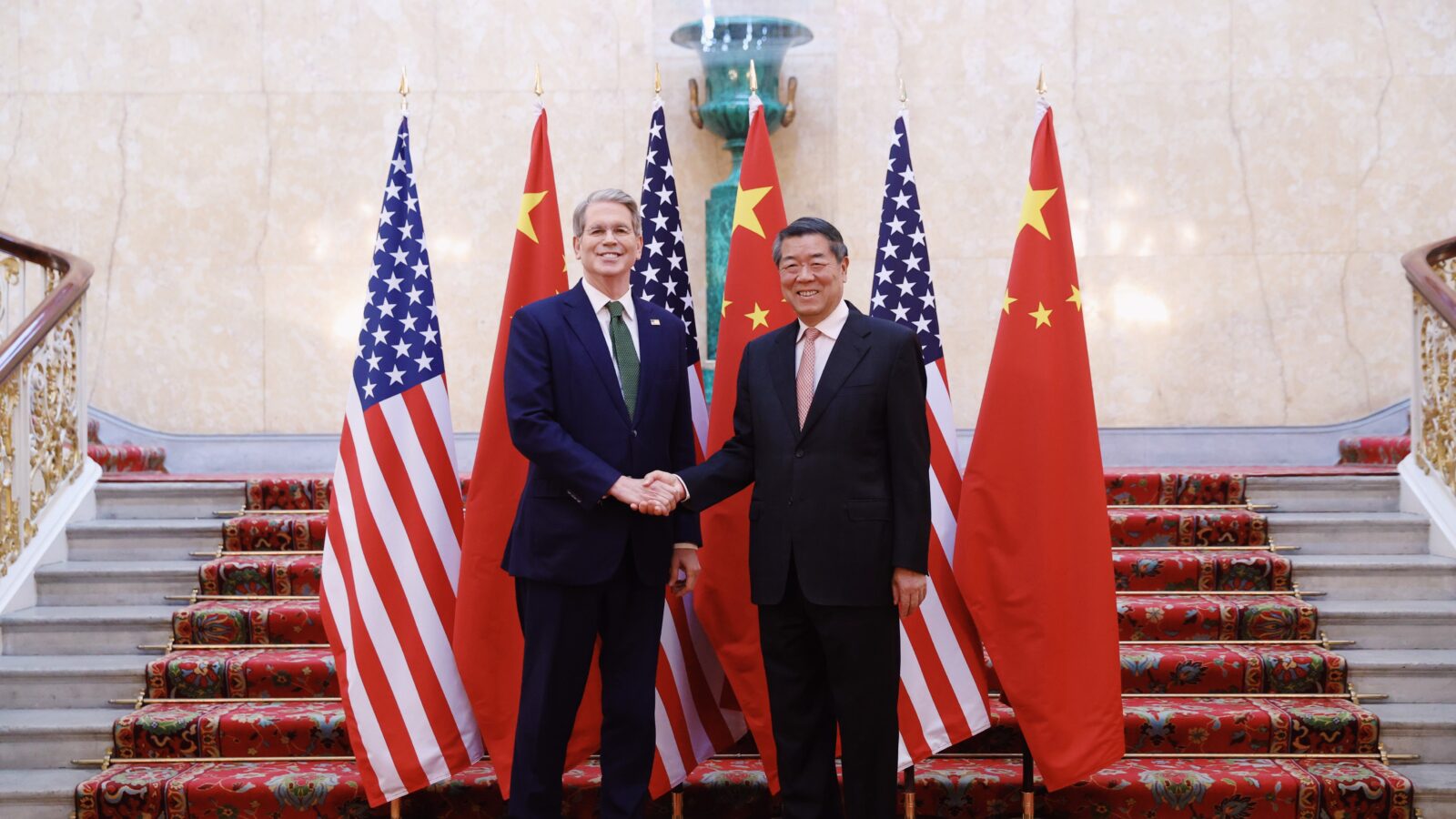Shein and Temu’s Fast-Fashion Rivalry is Rocking the Air Freight Industry
The massive growth by both companies is crowding out other suppliers hoping to rely on cargo delivery planes.
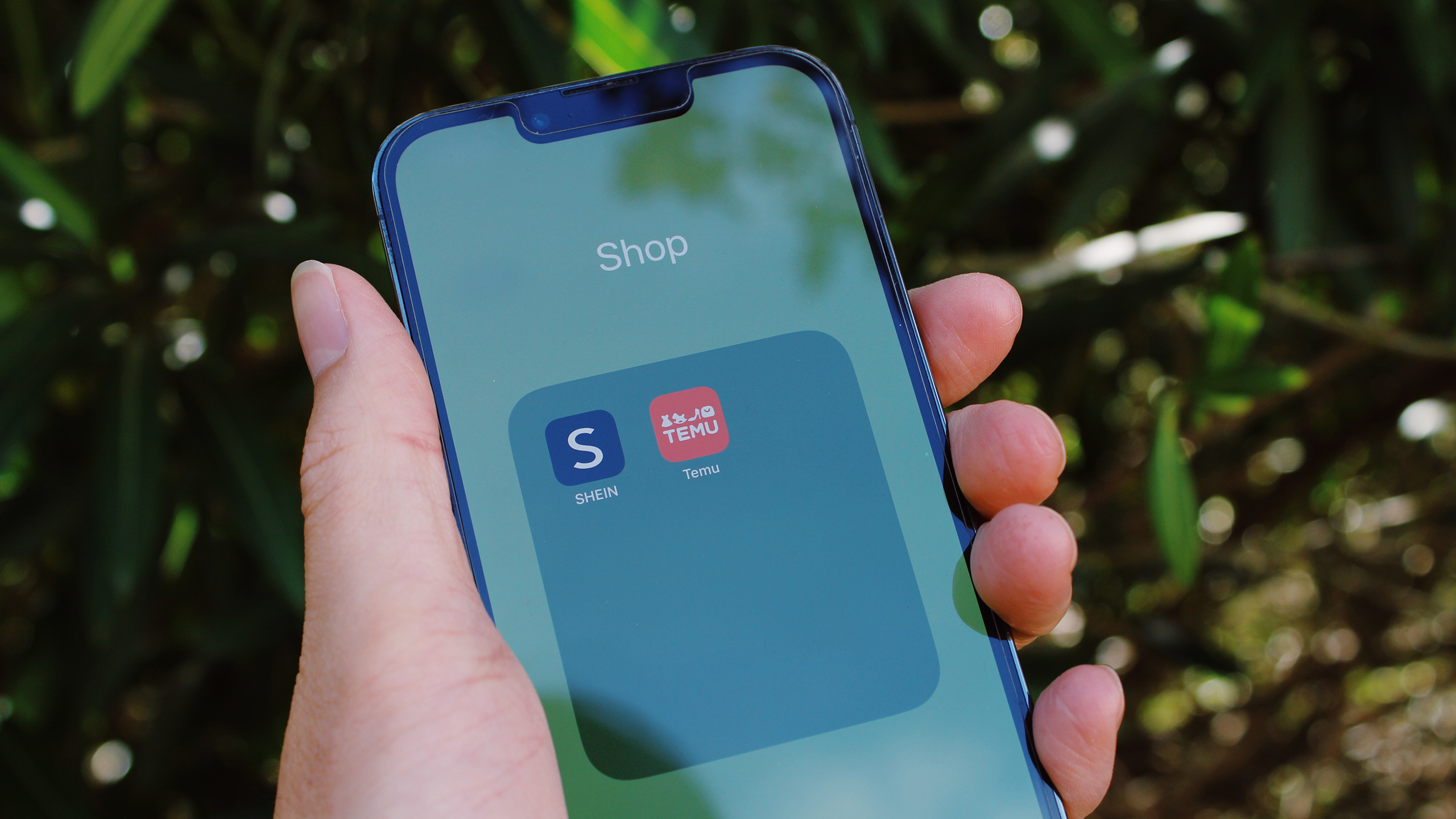
Sign up for smart news, insights, and analysis on the biggest financial stories of the day.
They didn’t mention that in their Super Bowl ads.
Rival e-commerce companies Shein and Temu are upending the air freight business as they race to ship products directly to international customers via plane, leading to a bidding war that’s quickly making overall services more unaffordable, sources told Reuters.
Too Fast Too Fashion
Temu and Shein are the new poster children of fast fashion, and they’ve been locked in a race to the bottom. When Shein dumped some China-based suppliers that didn’t live up to its certification standards, Temu was ready and waiting to scoop them up for itself. And besides fighting for the hearts of American consumers — something Temu spent millions on in the form of three Super Bowl ads — the two e-commerce companies have locked antlers in court over allegations of intimidating business partners.
Both Temu and Shein rely on seriously low prices to reel in customers, but they’re also chasing an Amazon-esque fast-shipping model, which means air freighting products directly from China to front porches in the US. That logistics model and their respective massive growth are hardly ideal for other companies fighting to get their products shipped by plane:
- Companies are seeking workarounds because many shipping companies are avoiding the Red Sea for fear of attacks from Yemeni rebels. Normally, that would mean leaning on air freight, but Temu, Shein, and other Chinese e-commerce ventures including TikTok Shop are taking up all the room.
- “When the Suez Canal (crisis) hit, there was no capacity to be bought, because e-commerce has bought it all,” one anonymous air cargo carrier executive told Reuters.
One industry executive told Reuters the companies’ impact is even greater than the Suez Canal crisis. “The biggest trend impacting air freight right now is not the Red Sea, it’s Chinese e-commerce companies like Shein or Temu,” Basile Ricard, director of Greater China operations at freight forwarder Bollore Logistics, said.
Slowing Their Roll: Unsurprisingly, this frantic pace of air-shipping $5 shorts isn’t great for either Mother Earth or the companies’ bottom line. “Based on what we have seen, this model of (airborne) e-commerce is not sustainable, neither from a profit or environmental standpoint,” Guillermo Ochovo, director at Cargo Facts Consulting, told Reuters. Sooner or later, these companies will have to wean themselves off air freight, and Reuters reported that Shein has begun storing goods in US warehouses.
